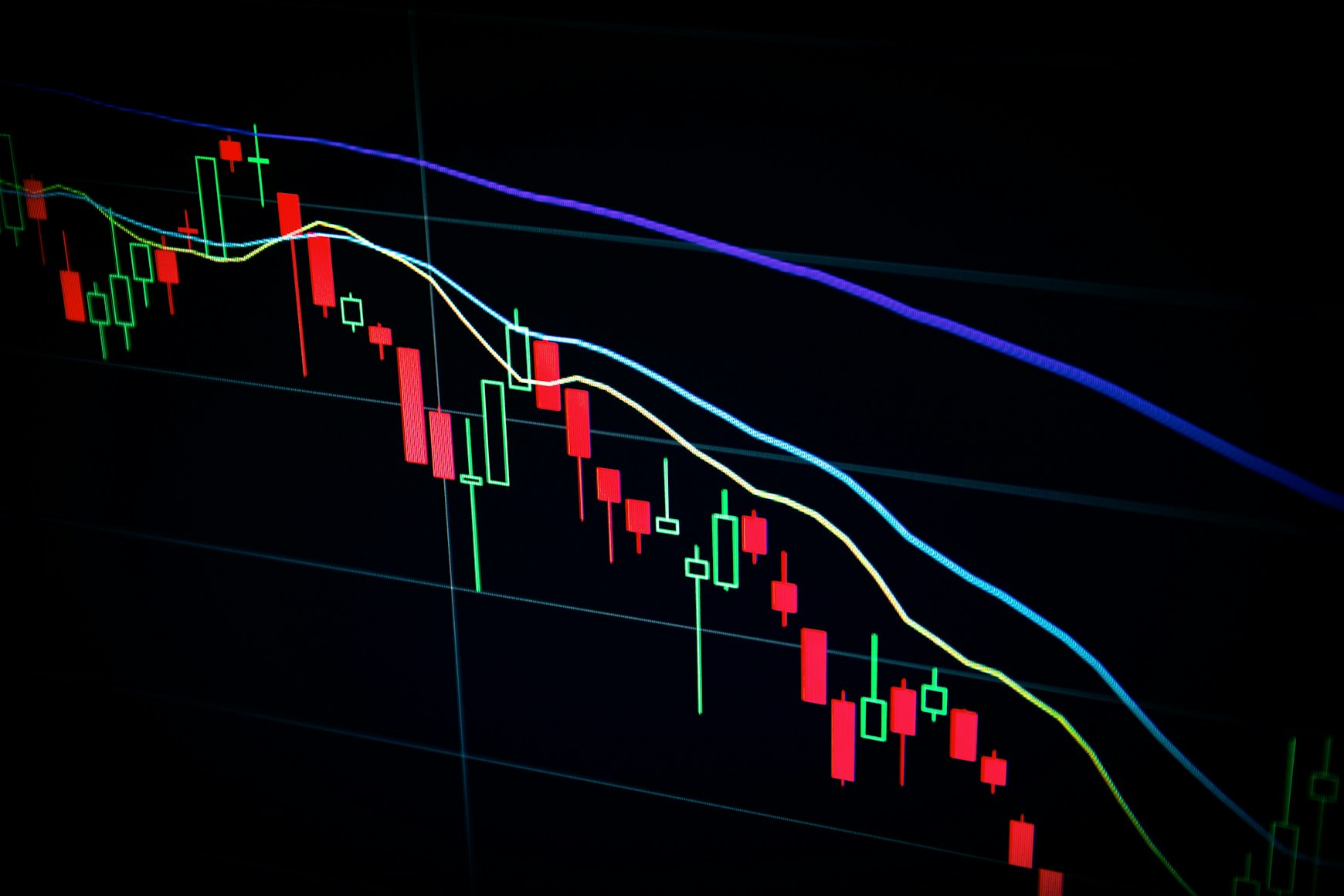A Beginner's Guide to Safe Trading: Navigating Risks and Rewards
By AB Siddik, AB Studio
Published on October 26, 2023

Trading offers great opportunities, but requires careful navigation.
Welcome to the world of trading! The dream of achieving financial freedom from your computer is a powerful one. Every day, people are drawn to the financial markets—stocks, forex, cryptocurrencies—hoping to turn a small investment into a large fortune. But for every success story, there are many untold stories of loss. This guide will show you both sides of the coin: the good (the potential rewards) and the bad (the serious risks), and give you a clear roadmap on how to trade safely.
The Good Side: Why People Trade
The appeal of trading is undeniable. Here are the primary reasons people are attracted to it:
- Potential for High Returns: Unlike a traditional savings account, successful trading can generate significant profits in a relatively short period.
- Accessibility: With online brokers, anyone with an internet connection and a small amount of capital can start trading.
- Flexibility: You can trade from anywhere, at any time (depending on the market), making it a flexible way to earn income.
- Learning a Valuable Skill: Understanding how markets work is a powerful life skill that can improve your overall financial literacy.
The Bad Side: The Harsh Reality of Risks
This is the most important section for any new trader. Ignoring these risks is the fastest way to lose your money.
- Market Volatility: Prices can change dramatically in seconds. A trade that looks profitable one moment can turn into a huge loss the next.
- Emotional Decisions: The two biggest enemies of a trader are fear and greed. Fear can make you sell too early, while greed (FOMO - Fear Of Missing Out) can make you jump into bad trades.
- Lack of Knowledge: Trading without education is not trading; it's gambling. You are competing against professionals, institutions, and algorithms.
- Scams and Fraud: The trading world is full of "gurus" promising guaranteed profits and fake brokers who will steal your money.
|
|
The 10 Golden Rules of Safe Trading
To succeed, you must trade like a professional, not a gambler. Follow these rules to protect your capital and trade safely.
- Educate Yourself First: Before you invest a single dollar, read books, watch videos, and take courses on trading basics, technical analysis, and risk management.
- Start with a Demo Account: Almost every broker offers a free "paper trading" account. Practice your strategy with virtual money until you are consistently profitable.
- Only Invest What You Can Afford to Lose: This is the most important rule. Never trade with money you need for rent, bills, or food.
- Create a Trading Plan and Stick to It: Your plan should define what you will trade, when you will enter, when you will take profit, and when you will cut your losses.
- Always Use a Stop-Loss: A stop-loss is an automatic order that sells your position at a predetermined price to limit your potential loss. It's your most important safety tool.
- Diversify Your Investments: Don't put all your money into one stock or one cryptocurrency. Spreading your investment across different assets reduces risk.
- Control Your Emotions: A successful trader is disciplined and patient. If you feel angry or excited, step away from the computer. Never "revenge trade" to try and win back losses.
- Beware of "Get-Rich-Quick" Schemes: If someone promises you guaranteed high returns, it is 99.9% a scam. There are no guarantees in trading.
- Keep a Trading Journal: Record every trade you make. Write down why you entered, what happened, and what you learned. This is how you improve.
- Know When to Stop: Set daily or weekly loss limits. If you hit your limit, stop trading for the day. Living to trade another day is a victory.
"The goal of a successful trader is to make the best trades. Money is secondary."
- Alexander Elder
Conclusion: Trading is a Marathon, Not a Sprint
Trading is not a path to instant wealth. It is a serious business that requires education, discipline, and a deep respect for risk. By understanding both the good and the bad, and by following the rules of safe trading, you can navigate the financial markets responsibly and work towards your financial goals. Protect your capital first, and profits will follow.
SHARE THIS GUIDE
Facebook | Twitter | LinkedIn | WhatsApp
|

Comments
Post a Comment